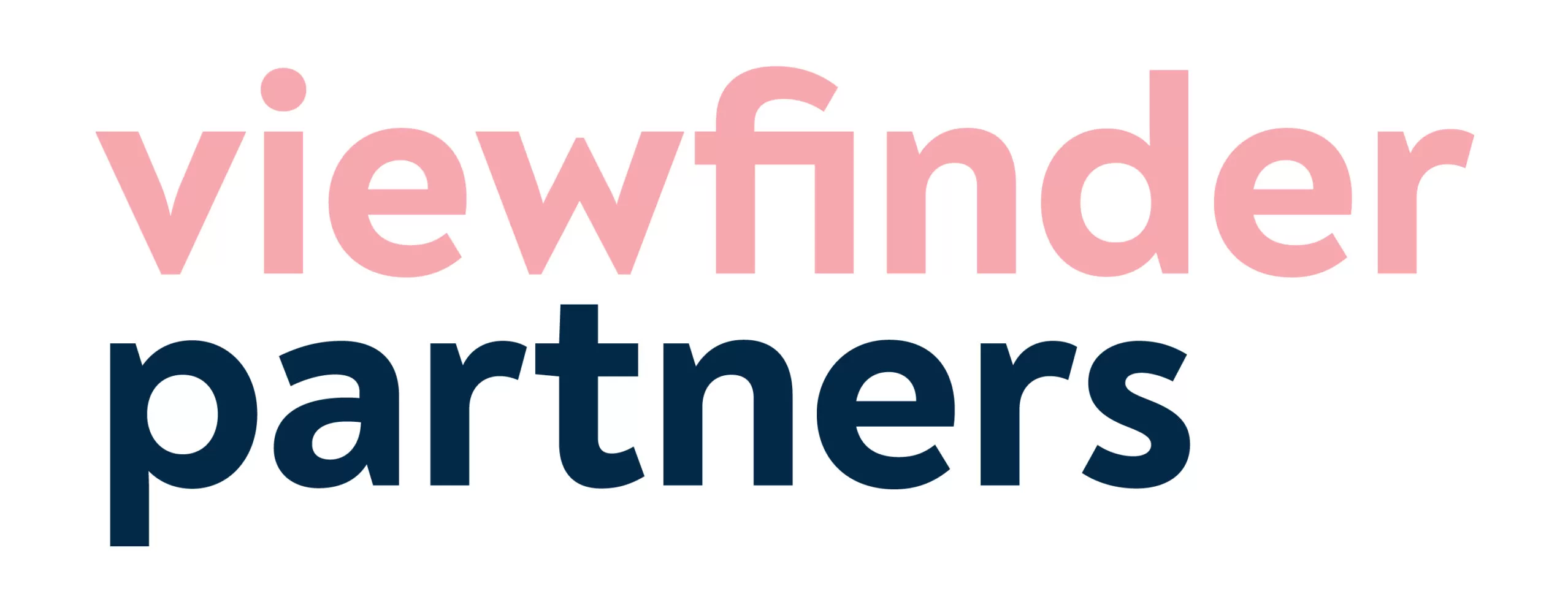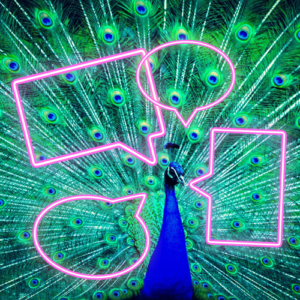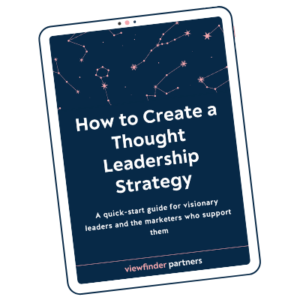“It’s a good time to be a ghostwriter,” – Dan Gerstein, founder Gotham Ghostwriters, an agency that matches authors with ghostwriters.
“We work alone, but we need each other.” – Emily Paulsen, president of ASJA (American Society of Journalists and Authors)
Have you ever helped a friend agonize over their response to an important text message? Or dictated a delicately-worded email to someone else’s boss? If so, you’ve been a ghostwriter.
Ghostwriting is a specific skill that takes empathy, curiosity, and finesse.
After a career of ghostwriting all kinds of content, I collaborated with two clients on their business books in 2021 and 2022. After those book projects, I confidently call myself a “ghostwriter.” But I don’t claim to be an expert on how books get published. That’s why I jumped to attend Gathering of the Ghosts earlier this week. 150 professional ghostwriters gathered in New York to talk about publishing, pricing, and transparency.
There’s a push to demystify both the publishing industry and the profession of ghostwriting. Gathering of the Ghosts felt like an unveiling, with ghosts coming out of the shadows and having frank conversations about the future of publishing and our work as ghostwriters.
Attitudes about ghostwriting are shifting
Sitting in that room of ghostwriters, spanning from the most prominent and experienced to newer, greener writers like me, it was obvious that there’s been a pronounced shift over the span of just a few decades. A few of the most experienced ghosts made self-deprecating jokes about their failed artistic careers or reminded everyone that “we’re all writers first and foremost!”
As I shared above, I’ve been ghostwriting as a routine part of my job for most of my career. I don’t feel uncomfortable or embarrassed to tell people I’m a ghostwriter. I don’t feel that I have somehow failed as an artist (!). Did I grow up thinking I was going to be a world-famous novelist? Sure I did! And would my eight-year-old self be pumped to know I am a professional writer who earns a good living? Absolutely!
This shift toward enthusiastically seeking and transparently claiming the role of ghostwriter feels like a positive change to me. And it’s probably a sign of a larger cultural shift toward more openness, transparency, and authenticity.
Ghosts aren’t hiding anymore. More ghostwriters are getting named, either on the cover of the book or in the acknowledgments. One best-selling author at the event named and thanked her own ghostwriter who was in the room.
One of the most inspiring ghostwriters who took the stage was Pauleanna Reid, who was vocal about doing her work visibly and publicly to inspire the next generation of diverse writers to pursue ghostwriting as a career.
There are more paths to getting a book published
While I ghostwrite all kinds of content, this event focused on books. Even after ghostwriting two published books, having the publishing options explained frankly was eye-opening.
Here’s what I heard: Consider your goals for a book. Are you trying to get leads for your business? Do you want to get the book into the hands of 100 people who are important to your work? Are you hoping to generate media attention? Or do you want to sell books and earn royalties? (Note that only one of those goals involves directly making money from the book.)
There are three paths authors can take to get a book published:
Traditional (“Big 5”) publishers
Selling a book to a Big 5 publisher is very, very competitive. I heard people in the industry say “it’s extremely difficult to get the attention of agents and publishers” and (for most authors) “it’s just not going to happen.” More than one prominent ghostwriter shared that they don’t bother working with Big 5 publishers anymore — it’s just not worth it.
And the rare author that does get a Big 5 book deal can expect long timelines — it generally takes 18 months for a book to be published.
But, the Big 5 publishers offer the biggest impact. Publishing with a major publisher gives an author credibility and a wide reach.
Hybrid publishers
An author who works with a hybrid publisher generally pays a fee for publishing services. But, if the book earns royalties (again, not the goal of every book), the author gets a higher percentage.
The big advantages are that the author retains creative control and the timeline is faster. Hybrid publishers can be flexible and creative to support an author’s vision, and a book from a hybrid publisher could get published in months. Plus, authors get many of the same opportunities and distribution as they would with traditional publishers.
Self-publishing
Self-publishing is quick and cheap but has zero quality guarantees and no editorial guidance. In the words of one ghostwriter: “There are a lot of ways to screw it up.”
AI can help writers – not put them out of a job
There was a panel dedicated to the question of AI and how AI is changing writing. “In my opinion, a book is the most human endeavor there is,” said Stephen Power, executive editor at Kevin Anderson & Associates. “Companies want AI to remove the human from the equation. Ghostwriters do the opposite.”
The room agreed that AI does a terrible job creating unique or interesting stories. LLMs are designed to write the next most likely word, so they’re not doing the human work of digging deep into someone’s never-told-before story. They can’t get inside someone’s head.
But there are interesting AI tools to help writers with their craft. Nathan Bashez, a writer and the creator of the AI-driven writing tool Lex, says he uses Lex to get his wheels turning when he’s feeling stuck. But, he says, “the big bet behind Lex is that humans will always be at the center of writing.”
Good ghostwriters are caretakers
Nearly every ghostwriter shared stories of times they’d acted as therapists and confidants. Ghostwriters are “caretakers of stories.” That’s probably why I felt instantly connected to the other ghostwriters in the room. This role requires bringing zero ego, listening deeply to others, and being a caretaker of another person’s feelings, history, and perspective — helping them navigate experiences they may not have processed before.
That’s a job I’m proud to do.






